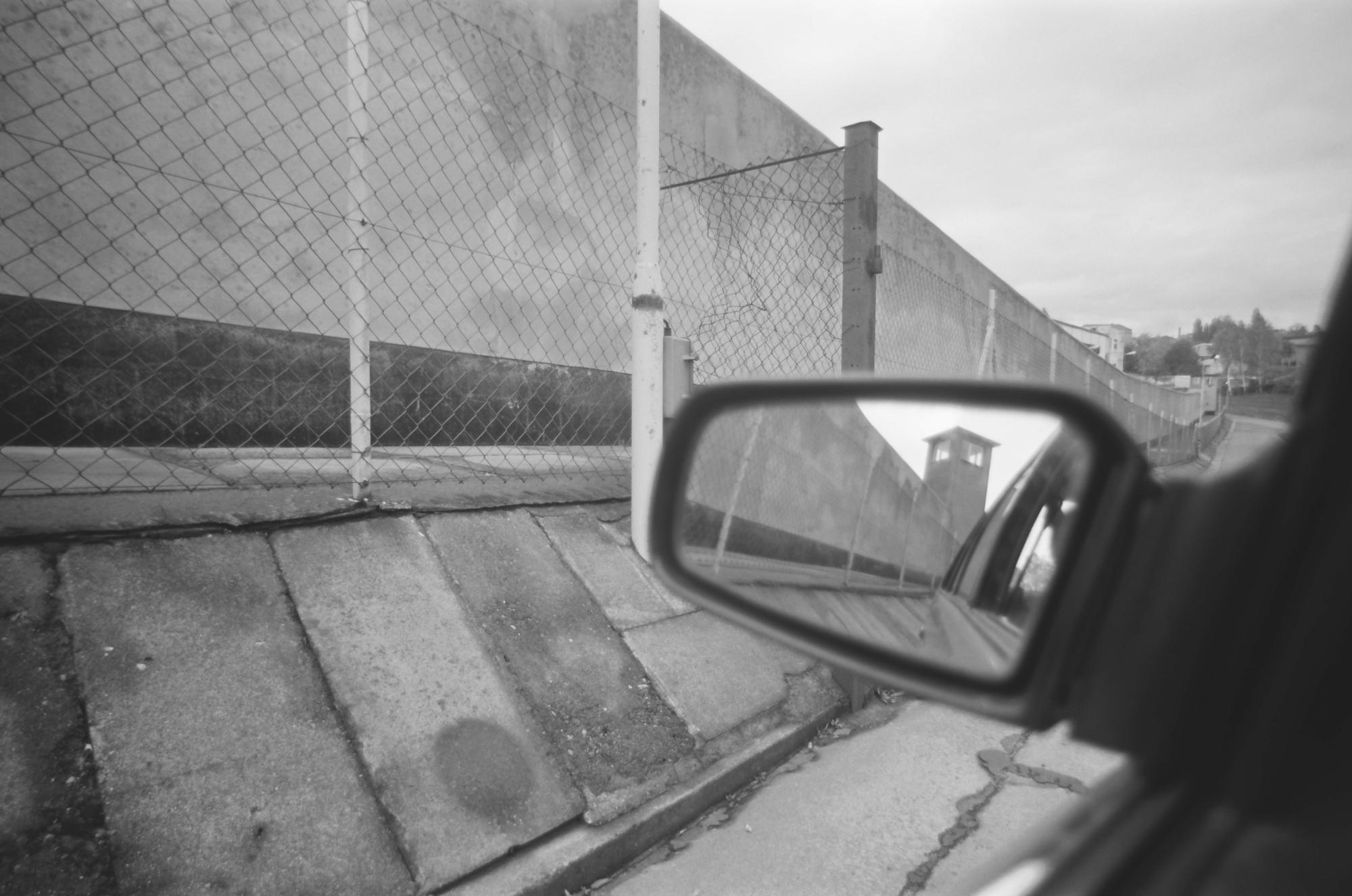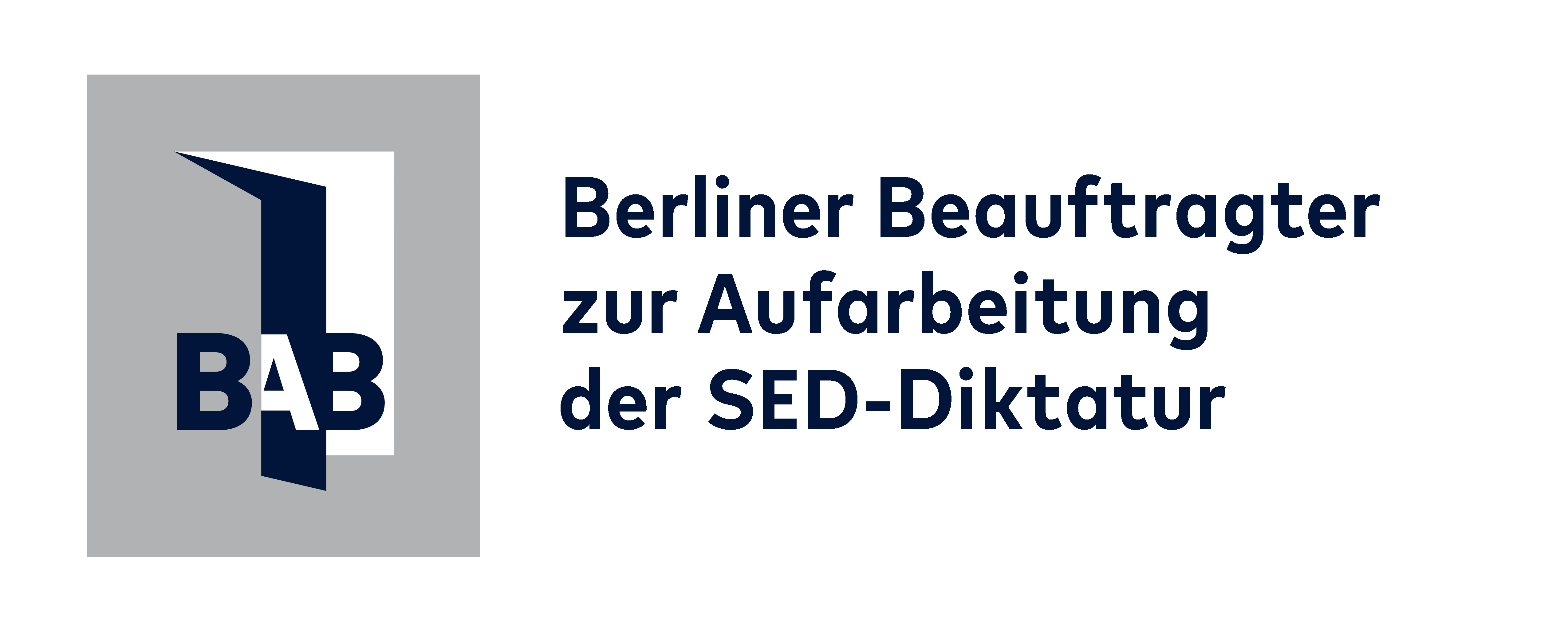
Traces in Life – Political Imprisonment and Forced Labour in the GDR Prison System
In the SED dictatorship, imprisonment was not only a punishment but also an instrument of state repression.
According to expert estimates, from the founding of the GDR in 1949 until its demise in 1989, there were about 200,000 political prisoners. The reasons for political imprisonment were varied, ranging from criminal code provisions such as “unlawful border crossing” and “anti-state agitation” to the mere desire to leave the country.
Forced labour was an integral part of political imprisonment in the GDR. In many prisons, inmates had to produce goods for state-owned or Western companies, such as IKEA or ALDI. Those who refused to work risked punishments up to solitary confinement.
There are ongoing debates about the legal and moral reappraisal of this economic exploitation. Institutions and associations have been advocating for years for the recognition of resulting health damage and for compensation of those affected.
The event brings together contemporary witnesses and experts in discussion. Together, they reflect on the structures and conditions of political imprisonment in the GDR and debate the current state of reappraisal – particularly regarding forced prison labour and its consequences. Biographical experiences, complemented by academic insights, highlight the value of freedom and democratic principles.
In German




